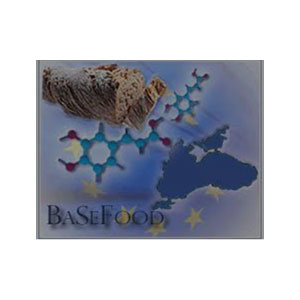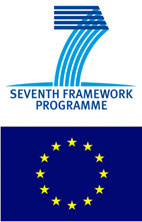BASEFOOD

- Start date: 1 April 2009
- End date: 31 October 2012
- Overall budget: € 3.722.563
- EU contribution: € 2.906.233
-
Coordinated by: University of Bologna
- Project website
BaSeFood aims to promote sustainable development and exploitation of Traditional Foods containing emerging bioactive compounds with putative health effects in the Black Sea Region (BSR). The Consortium includes 13 partners covering the BSR, EuroFIR partners with experience on traditional foods and bioactive compounds at the pan-European level, and one representing 11 European Food and Drink Federations. The objectives of BaSeFood are:
(1) To investigate the knowledge base of traditional foods of the BSR in order to identify those foods to be collected and analysed. (WP1).
(2) To define, characterise and collect nutrient and bioactive data for a subset of about 30 prioritised traditional foods using previously developed and validated EuroFIR guidelines and bioactive databases, with appropriate analyses (WP2).
(3) To carry out case human intervention studies (priority: cardiovascular disease protection), supported by intensive in vitro and in vivo laboratory tests, to address the requirement for supporting evidence in nutrition and health claims (WP3).
(4) To accurately map and describe the flow charts of BSR traditional foods preparation and processing, and determine bioactive retention at both laboratory and pilot plant scale in close collaboration with industry partners (WP4).
(5) To evaluate attitudes of processors and consumers in order to optimise and enhance the whole food chain for improved availability and health benefits of BSR traditional foods (WP5).
(6) To widely disseminate results and findings in order to enhance awareness and sustainable development of traditional foods of the BSR for improved health (WP6). The project objectives are entirely congruent with those of the call, and will serve to (a) make a significant contribution to the substantiation of nutrition/health claims for traditional foods (b) enhance the cooperation between researchers and stakeholders, and (c) promote sustainable economic development for European SMEs and the BSR.
Related Documents

